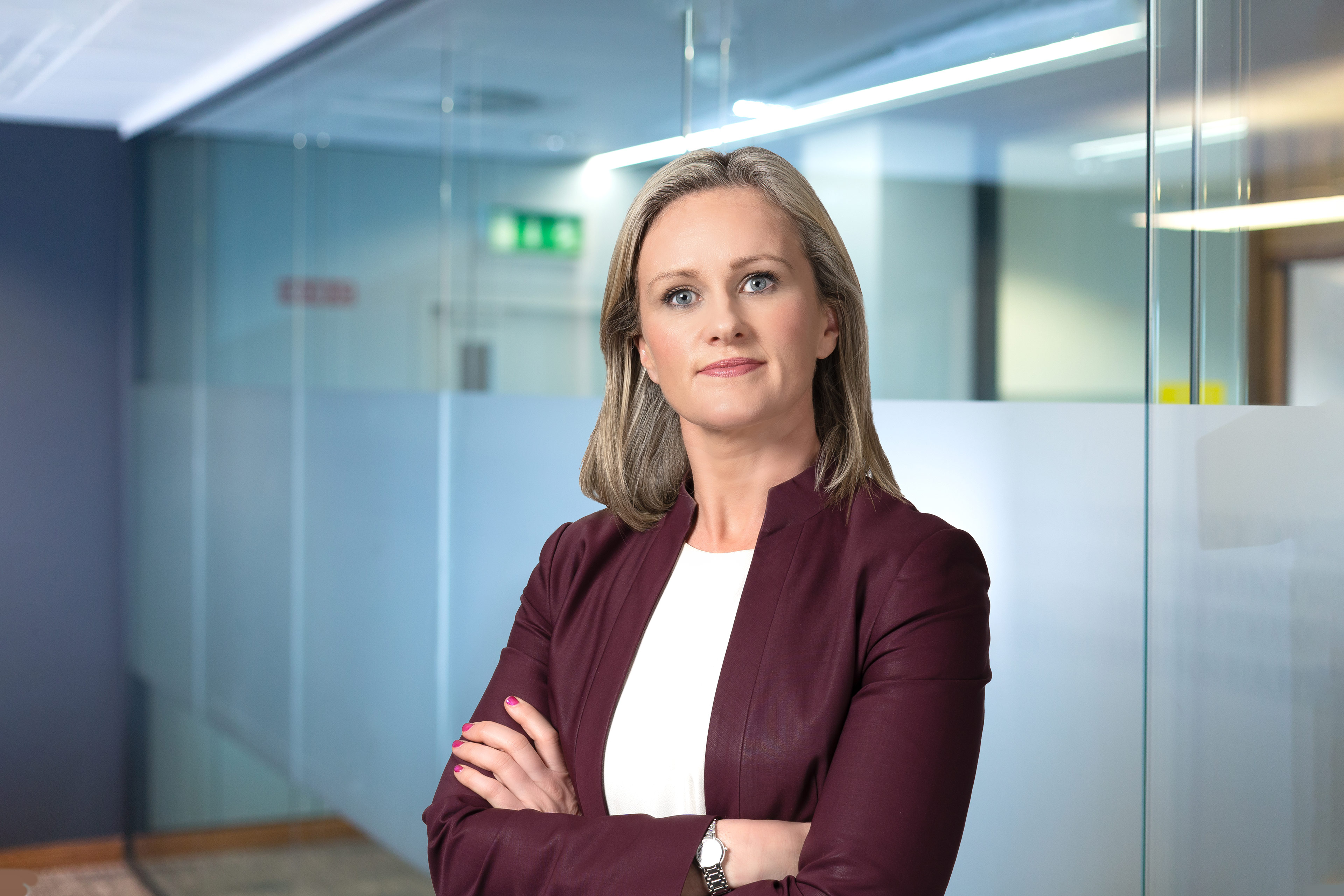Global comparison and talent acquisition concerns
CEO optimism in Ireland, while substantial, does not quite match the intensity of their global counterparts, where around 70% express optimism across various business dimensions. This discrepancy may stem from the high levels of global economic uncertainty and increasing geopolitical tensions, which particularly affect Ireland as an open, export-orientated economy.
Attracting and retaining talent is an area of less confidence among CEOs surveyed, with just over half (53%) feeling optimistic, compared to 70% of global CEOs. This reflects the tight labour market and skill shortages in key sectors.
Despite the recruitment concerns, a strong 63% of CEOs are confident in their capacity to offer competitive salaries, suggesting a proactive stance in the battle for top talent.
Addressing pessimism and talent shortages
Despite the overall optimism, a notable portion of CEOs express concerns, with 23% pessimistic about costs and 27% about profitability prospects. Nonetheless, the prevailing optimism is significant against a changing backdrop. CEOs are advised to keep a close eye on their cost base to achieve business growth and profit goals.
The talent shortage is a pressing issue, necessitating concerted efforts from the Government and other stakeholders to cultivate local talent and make Ireland an even more appealing destination for international professionals. To overcome these hurdles, CEOs must convert their positive outlook into tangible strategies that promote continuous learning and innovation.
Investing in employee development is key to attracting and retaining top talent, fostering loyalty, and boosting performance. By strategically enhancing their workforce, businesses can secure a competitive edge, ensuring not just survival but prosperity in the current environment.













